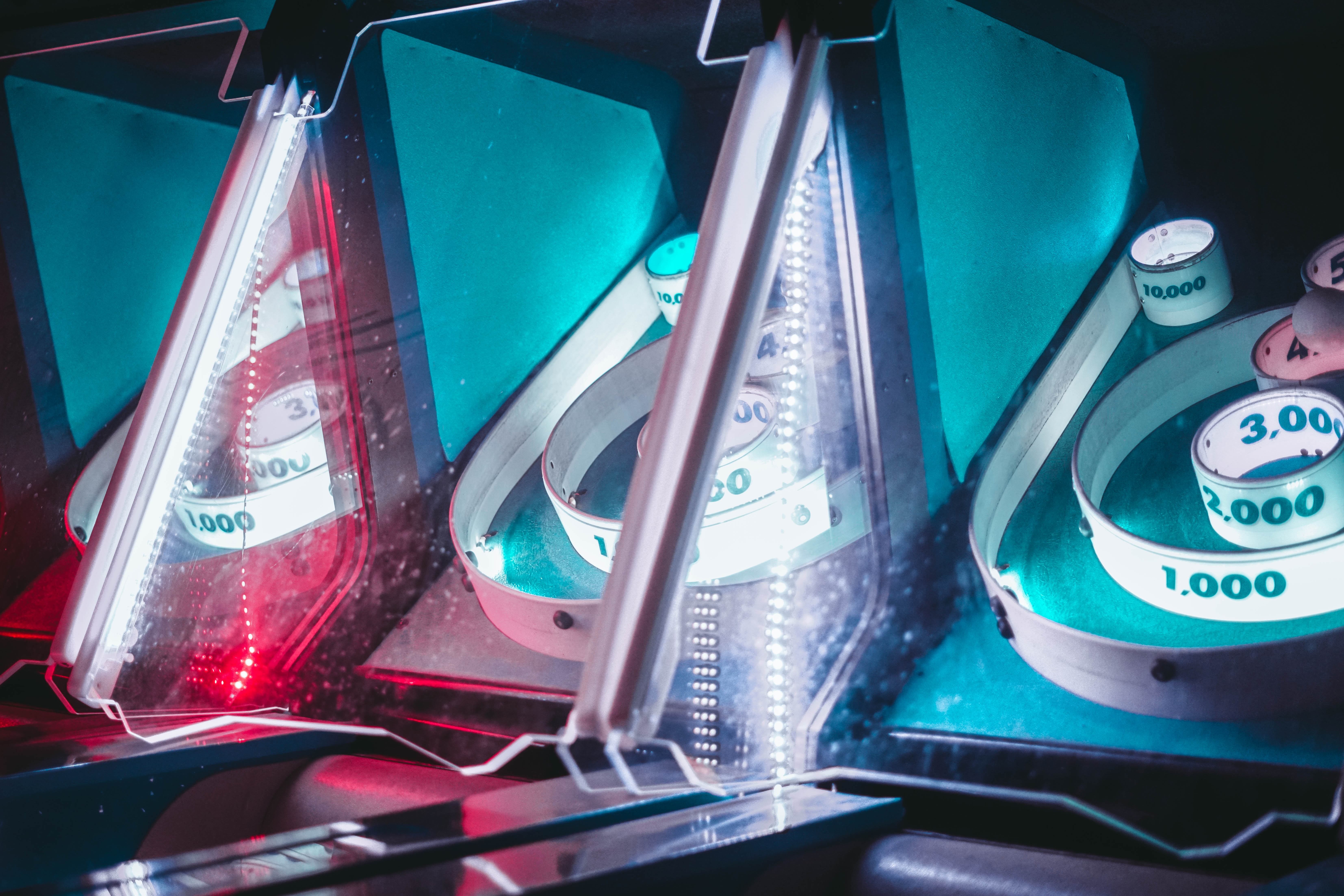
Crypto VCs Are Making a Big Bet on Gaming Guilds. Why?
Whether it is Yield Guild Games’ $22.4 million in funding or GuildFi’s $6 million seed round, big-name crypto venture funds Andreessen Horowitz (a16z), DeFiance Capital and Pantera Capital are looking beyond crypto games themselves to the co-ops of the metaverse.
Game guilds provide gamers with the necessary funds and tools to experience a growing roster of “play-to-earn” titles – all in exchange for a cut of players’ earnings. Here’s an example: Because buying an axie on the popular crypto game Axie Infinity can be quite expensive, some guild users are willing to put some of their earnings toward renting in-game assets from the guild.
If 2021 has proved to be a year for crypto games and their tokens, will 2022 become the year for gaming guilds that support hot gaming venues such as Axie Infinity or The Sandbox? It’s too early to tell but crypto investors rolling in bull-market returns are putting up funds just in case.
Why guilds click
Unlike traditional gaming guilds, which are organized groups of game players who play on a regular basis together in a game, crypto gaming guilds do not rise and fall with the game. Instead, they aim to become a platform to support new gamers.
That also explains why investors are making a big bet on crypto guilds: There are hundreds of crypto games hoping to become the next Axie Infinity.
Data from DappRadar shows there are about 106,000 daily active users on Axie Infinity, or unique wallet addresses interacting with the game, as of press time, down from its November peak at around 135,800.
“If games are the homerun high risk/high reward punts, guilds would be the blue chip industry juggernauts standing the test of time,” Darryl Wang, senior investment analyst at crypto investment firm DeFiance Capital, wrote on Twitter. “High quality guilds will effectively become a top metaverse index for the best games available to players.”
Wang’s company has invested in several crypto gaming guilds, including GuildFi and Merit Circle.
According to Akaradet Diawpanich, co-founder of GuildFi, the gaming guilds in crypto can potentially create a “positive feedback loop” in which they onboard players to games, purchase gaming non-fungible tokens (NFT) and lend them to players, invest in different games and help them target prospective users.
In an interview with CoinDesk, Diawpanich said GuildFi started expanding after it found heightened demand for leased assets during the crypto gaming boom amid the COVID-19 pandemic. GuildFi is now also providing gadgets for gamers in different games. For instance, Axie players can monitor their daily smooth love potion (SLP) token rewards on GuildFi.
Eventually, GuildFi, according to Diawpanich, is trying to become Steam, a video game distribution service, for crypto games.
Why tokens?
Not surprisingly, YGG, GuildFi and Merit Circle – some of this year’s more successful crypto guilds – all have their own tokens. But even the most valued among them, YGG, has a market capitalization of $461 million, according to CoinGecko, far from the value of gaming-sector darlings AXS ($6.6 billion) or MANA ($4.4 billion).
In an analysis piece on crypto gaming guilds, Wayne Zhao, partner at Beijing-based blockchain data firm TokenInsight, wrote that some guilds in the traditional gaming ended badly after members of the guilds found out community leaders were being paid by gaming companies to promote specific games.
With the launch of tokens, however, crypto guilds potentially solve the “over-centralization” problem of traditional gaming guilds, according to analysts.
“Traditional gaming guilds [act] as social coordinators, but nothing more,” DeFiance Capital’s Wang told CoinDesk. “Crypto gaming guilds take on a much more important economic role given the nature of on-chain digital assets players use and interest with.”
A decentralized autonomous organization (DAO) can gather a group of random people with different motivations together to build and grow together because of shared incentives, Zhao said in an interview with CoinDesk.
“At the core, the token is one of the incentives for members to participate in the group decision-making process,” Zhao said of guild governance. Each individual can benefit from the overall profit earned.
Gaming guild downside
That said, the problem of having a token for a gaming guild is obvious, too.
According to YGG’s white paper, the value of YGG token is heavily dependent on yields generated from YGG treasury’s assets – including the NFTs it owns. That means the token’s performance is based on the popularity of crypto games as well as the value of NFTs.
This also reveals the biggest risk in crypto gaming guilds: If crypto gaming fails as a sector, the failure of the guilds is also inevitable.
“Crypto’s games are currently focused on play-to-earn and it seems that many crypto games are essentially in the shadow of Ponzi,” Zhao wrote in his analysis.
At press time, the total market capitalization of the gaming sector is up 3.97% in the past 24 hours, according to CoinMarketCap.
UPDATE (Dec. 27, 14:13 UTC): fixed a typo in the name of crypto investment firm DeFiance Capital
DISCLOSURE
The leader in news and information on cryptocurrency, digital assets and the future of money, CoinDesk is a media outlet that strives for the highest journalistic standards and abides by a strict set of editorial policies. CoinDesk is an independent operating subsidiary of Digital Currency Group, which invests in cryptocurrencies and blockchain startups. As part of their compensation, certain CoinDesk employees, including editorial employees, may receive exposure to DCG equity in the form of stock appreciation rights, which vest over a multi-year period. CoinDesk journalists are not allowed to purchase stock outright in DCG.


